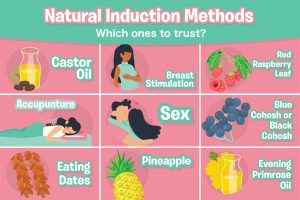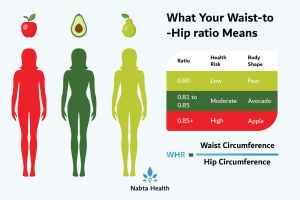Zika Alert: how to Keep Your Children Safe From Pests

Spending time out of doors is just one of the many benefits of summer. Keeping kids safe from outdoor pests is sometimes a chore, especially in the age of the Zika and chikungunya viruses.
Both viruses are transmitted by the bite of infected mosquitos commonly found in the southern and southeast regions of the U.S. In addition to mosquitos, pests including flies, chiggers, ticks, and gnats can also cause health problems for children. Having a plan for limiting bug bites can help parents prepare for long summer evenings outdoors or time camping or hiking.
The first step to protecting your kids from pests is to keep your property free from mosquito breeding sites such as standing water. After rain, dump out any standing water (like children’s buckets, planters, empty lids, etc.). Mosquitos love still water and breed very quickly in these areas. When strolling, consider mosquito netting for the stroller, particularly in the early AM and at dusk. Keep little arms and legs covered in loose lightweight clothing for added protection.
Insect repellants are products that are applied to a person’s clothing or equipment (strollers, etc.) that contain chemicals that repel, kill, or decrease the danger associated with insects. When using chemical repellants, a few key points will help keep you and your children safe.
Read all labels and use according to the directions.
Do not apply insect repellants to the hands of infants and small children as they often use their hands to rub their eyes and/or put them in their mouths.
DEET, the active chemical ingredient in many insect repellants, is approved by the EPA for use in humans of all ages. However, both the American Academy of Pediatrics and the Centers for Disease Control and Prevention do not recommend using insect repellants containing DEET in children under 2 months of age.
The AAP and CDC recommend using a product containing between 10 and 30 percent DEET depending on how long you will be outside.
Do not use combination sunscreens/insect repellant products on children, as sunscreens need to be reapplied frequently and insect repellants do not.
Once you have returned inside, wash all body parts with soapy water to remove the insect repellant.
Apply the insect repellant to a child by first putting it into your own hands then gently rubbing it over exposed areas, avoiding hands, mouth, and eyes.
Oil of lemon eucalyptus products should not be used in children under the age of three.
Insect repellants, like all chemicals, should be stored out of the reach of small children. If accidental ingestion occurs, call the Poison Control Center at 1-800-222-1222 regardless of where you live in the United States.
Sources:
- 2016 Summer Safety Tips
- American Academy of Pediatrics.
Choosing and Using Insect Repellents - National Pesticide Information Center.
Find the Insect Repellent that is Right For You - US Environmental Protection Agency.
Powered by Bundoo®










